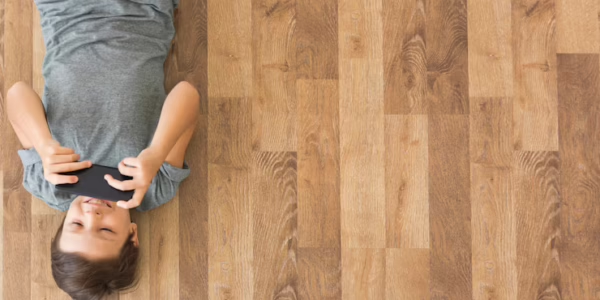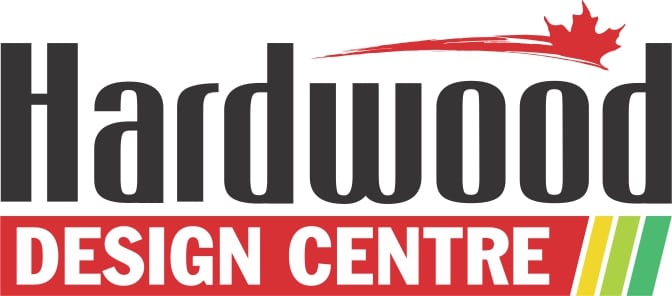Understanding the Benefits of Engineered vs. Solid Hardwood Flooring
When it comes to choosing flooring for your home, few materials offer the warmth, elegance, and timeless appeal of hardwood. But as you explore your options, you’ll inevitably face one key decision: engineered hardwood or solid hardwood? It’s a question that stirs up a lot of debate among homeowners, designers, and contractors alike. And the truth is, there’s no one-size-fits-all answer. Each type has its own strengths and potential drawbacks. That’s why understanding the benefits of engineered vs. solid hardwood flooring is so important before you commit.

What Sets Solid Hardwood Apart
Solid hardwood flooring is the traditional choice—and for good reason. It’s milled from a single piece of wood, typically ¾ inch thick, and it’s known for its durability and longevity. This kind of flooring has been around for centuries and is often associated with craftsmanship and classic design. One of the most notable benefits of solid hardwood flooring is its ability to be sanded and refinished multiple times. That means if your floor ever gets scratched, worn, or you simply want to change the stain color, you can refinish it and it will look brand new.
Because it’s made from solid wood, this type of flooring can last for generations if properly maintained. It adds real value to a home and appeals to buyers looking for quality finishes. However, it does have its limitations. Solid hardwood is more susceptible to moisture and temperature fluctuations, which means it’s not the best choice for below-grade installations like basements or areas with high humidity. It also tends to expand and contract with changes in the environment, which can lead to gaps or warping over time if not installed correctly.
The Appeal of Engineered Hardwood
Engineered hardwood is a newer innovation but has quickly gained popularity for its versatility and stability. Unlike solid hardwood, engineered planks are made from multiple layers. The top layer is a real hardwood veneer, giving it the same appearance as solid wood. Beneath that, layers of high-density fiberboard or plywood are cross-laminated to create a strong, stable core. One of the biggest benefits of engineered hardwood flooring is its resistance to environmental changes. It’s much less likely to expand or contract with humidity, making it ideal for installation in basements, kitchens, and even over concrete slabs.
Another advantage is ease of installation. Many engineered hardwood products come with click-lock systems or can be glued down, making them more DIY-friendly. They can also be installed as a floating floor, which is particularly useful in multi-level buildings where noise reduction and underlayment options are important considerations. The structure of engineered wood allows for wider planks, which are often preferred in modern and open-concept homes for their sleek, clean look.


Comparing Durability and Maintenance
When evaluating the benefits of engineered vs. solid hardwood flooring, durability is a key factor to consider. Both types are made from real wood and will show wear over time. Scratches, dents, and sun fading can occur, especially in high-traffic areas or homes with kids and pets. That said, some finishes—especially those applied in factory settings—can make engineered hardwood even more resistant to daily wear and tear.
In terms of maintenance, both types are relatively low-maintenance compared to carpeting or vinyl. Regular sweeping or vacuuming and occasional damp mopping are usually all it takes to keep them looking great. With solid hardwood, you’ll need to be more cautious about moisture—cleaning up spills quickly and using area rugs in vulnerable spots like near sinks or entryways. Engineered hardwood, being more moisture-resistant, offers a little more forgiveness in these areas, which can be a big plus for busy households.
Budget and Long-Term Value
When it comes to cost, the benefits of engineered vs. solid hardwood flooring become even more nuanced. Solid hardwood tends to be more expensive upfront, not just because of the material itself, but also due to the labor-intensive installation process. However, its ability to be refinished multiple times can make it a more cost-effective choice in the very long run. It’s also more likely to increase your home’s resale value, especially in markets where traditional features are in high demand.
Engineered hardwood is generally more budget-friendly and accessible, especially if you’re installing it yourself. It’s a great option for homeowners who want real wood without the higher price tag. While you may not be able to refinish it as many times, the initial savings and flexibility in installation often outweigh that downside—particularly if you’re planning to live in the home for less than 20 years or expect to renovate again in the future.
Conclusion
In the end, deciding between engineered and solid hardwood comes down to your personal needs, your home’s specific conditions, and your budget. The Benefits of Engineered vs. Solid Hardwood Flooring don’t exist in a vacuum—each option brings unique advantages that make it more or less suitable depending on your lifestyle and long-term plans.
